WEA participated in the General Assembly of Members of the International Partnership on Religion and Sustainable Development for the first time
From May 1 until May 3, 2019, the World Evangelical Alliance (WEA) participated for the first time in the General Assembly of Members of the International Partnership on Religion and Sustainable Development (PaRD) in Copenhagen (Denmark). Shortly before, in April 2019, the WEA’s application to become a member of PaRD had been approved.
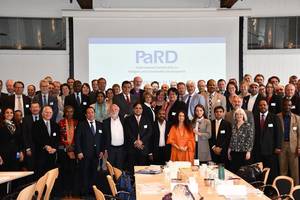 PaRD is an international multi-stakeholder platform that brings together governmental and intergovernmental entities with diverse civil society organizations and faith-based organizations, to engage the social capital and capacities vested in diverse faith communities for sustainable development and humanitarian assistance in the spirit of the 2030 Agenda for Sustainable Development. The platform was established in 2016 and since then has been growing to 105 members (including observers) in 2019, WEA now being one of them.
PaRD is an international multi-stakeholder platform that brings together governmental and intergovernmental entities with diverse civil society organizations and faith-based organizations, to engage the social capital and capacities vested in diverse faith communities for sustainable development and humanitarian assistance in the spirit of the 2030 Agenda for Sustainable Development. The platform was established in 2016 and since then has been growing to 105 members (including observers) in 2019, WEA now being one of them.
In Copenhagen, WEA representative Prof. Dr. Thomas Schirrmacher, Associate Secretary General of the WEA for Theological Concerns, together with Lilian Kurz from the World Evangelical Alliance Sustainability Center (WEASC), used the interreligious platform to engage actively with other faith-based organizations from diverse denominations as well as government representatives and United Nations and African Union officials. The topics of the meetings concerned, among others, the shrinking space for civil society organizations and the role of religious actors therein. Moreover, the conditions for successful cooperation between governments, multilateral organizations and faith-based communities were discussed. In various open forum sessions, members had the opportunity to showcase their work and to exchange knowledge on how religious communities can make positive contributions towards sustainable development.
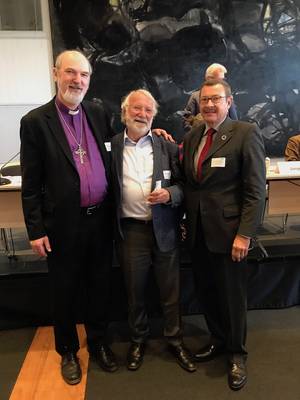 During the meeting in Copenhagen, WEA and WEASC representatives advocated for a new working group within the multi-stakeholder platform to address issues related to climate change, the environment, and water. The World Evangelical Alliance Sustainability Center, which is based in Bonn (Germany), is the main focal point for WEA’s engagement in PaRD. Promoting creation care in churches and congregations around the world is a core priority for the WEASC. According to Prof. Dr. Thomas Schirrmacher, “The overarching objective of the WEASC is to equip churches and congregations around the world to implement creation care on a daily basis, thereby becoming a strong, legitimate, and unified voice in global sustainability. PaRD offers an international and diverse platform for joint advocacy and knowledge exchange among faith-based organizations engaged in creation care where we can make our voice heard. We are delighted to be part of it”.
During the meeting in Copenhagen, WEA and WEASC representatives advocated for a new working group within the multi-stakeholder platform to address issues related to climate change, the environment, and water. The World Evangelical Alliance Sustainability Center, which is based in Bonn (Germany), is the main focal point for WEA’s engagement in PaRD. Promoting creation care in churches and congregations around the world is a core priority for the WEASC. According to Prof. Dr. Thomas Schirrmacher, “The overarching objective of the WEASC is to equip churches and congregations around the world to implement creation care on a daily basis, thereby becoming a strong, legitimate, and unified voice in global sustainability. PaRD offers an international and diverse platform for joint advocacy and knowledge exchange among faith-based organizations engaged in creation care where we can make our voice heard. We are delighted to be part of it”.
Together with other faith-based organizations present in Copenhagen, the WEA and WEASC representatives achieved the establishment of the new working group titled “Environment, Water and Climate Action”. WEA was elected interim co-lead of the new working group. Together with two co-leads, Tearfund and the Catholic Youth Action Network on Environmental Sustainability in Africa (CYNESA), the WEASC in Bonn now works to coordinate the activities of the working group. In line with PaRD’s policies, a working group is to evolve into an official work-stream, of which there are three at this platform so far (on 1. Health, 2. Gender and Empowerment, and 3. Peace). It is to be expected that in the course of 2019, a new official PaRD work-stream on Environment, Water and Climate Action can take up its work.
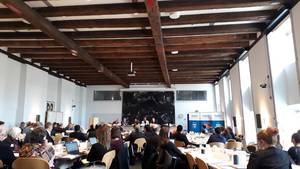 Within the WEA, there are various initiatives and programs related to sustainable development. The WEASC addresses sustainability issues from a Christian perspective, contributes evangelical positions and recommendations to global debates and policy processes, and empowers followers of Christ to exercise leadership in sustainability efforts from the local to the global level. WEASC’s priority issues include participation in global policymaking processes, climate change mitigation and adaptation, and sustainable cities. Moreover, a specific task force on the environment, the WEA Creation Care Task Force (CCTF) works to equip evangelicals to care for creation and raises awareness on how to deal responsibly with the environment.
Within the WEA, there are various initiatives and programs related to sustainable development. The WEASC addresses sustainability issues from a Christian perspective, contributes evangelical positions and recommendations to global debates and policy processes, and empowers followers of Christ to exercise leadership in sustainability efforts from the local to the global level. WEASC’s priority issues include participation in global policymaking processes, climate change mitigation and adaptation, and sustainable cities. Moreover, a specific task force on the environment, the WEA Creation Care Task Force (CCTF) works to equip evangelicals to care for creation and raises awareness on how to deal responsibly with the environment.
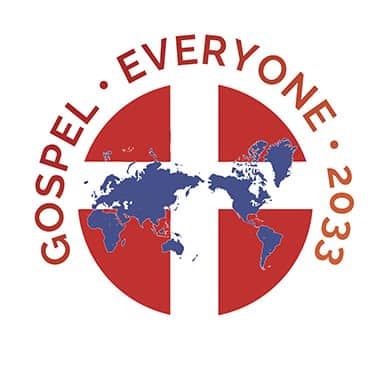

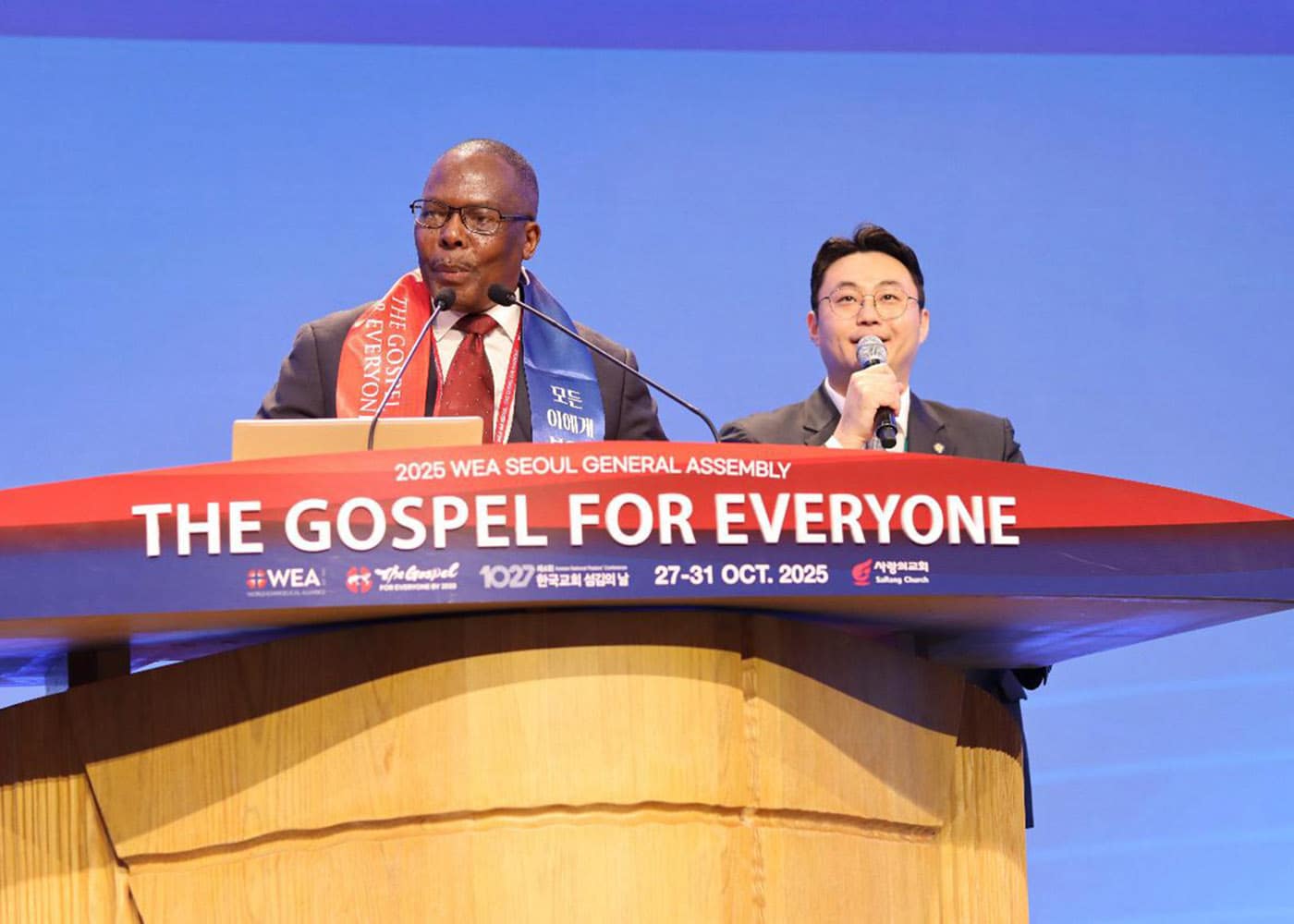
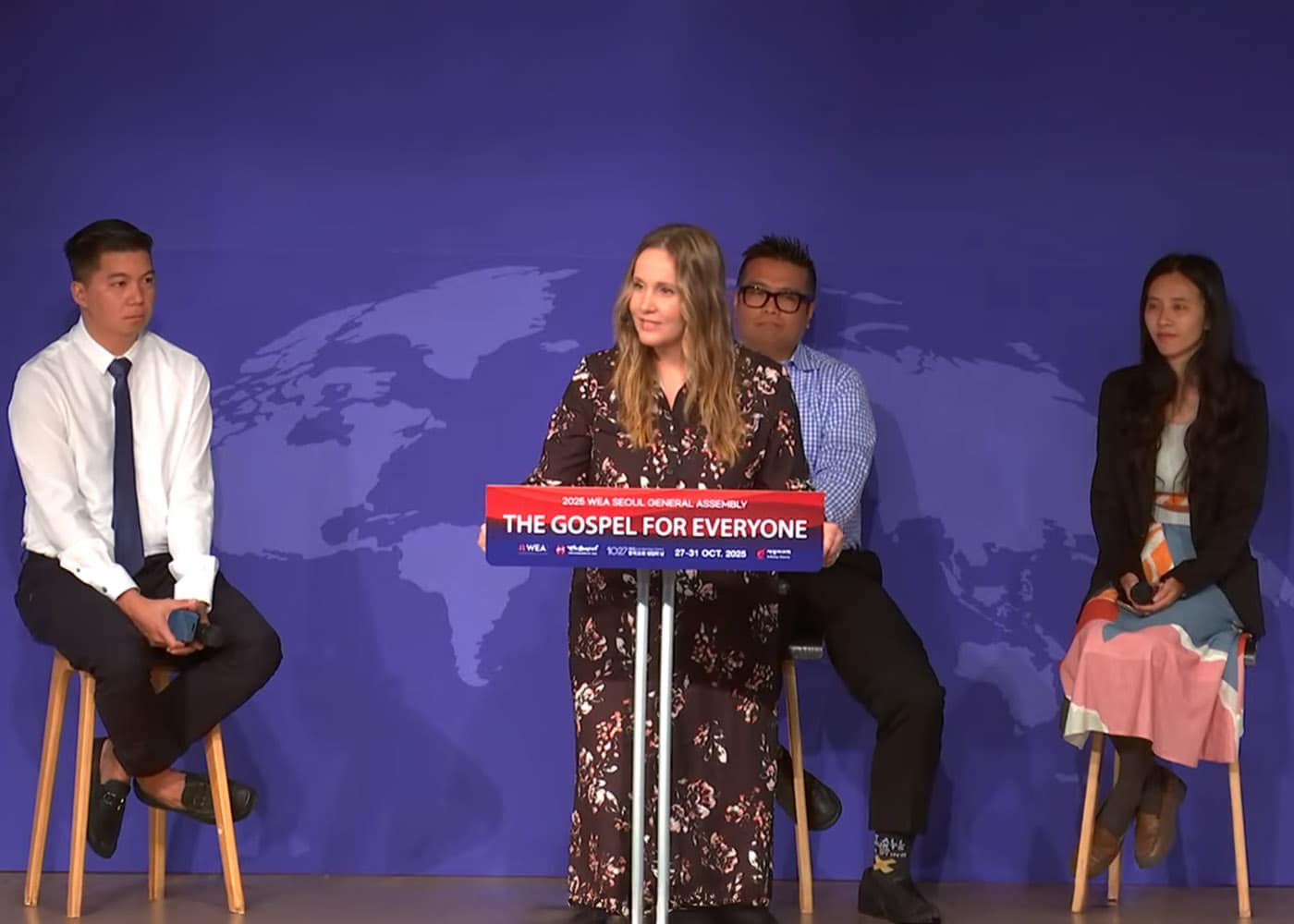

Stay Connected